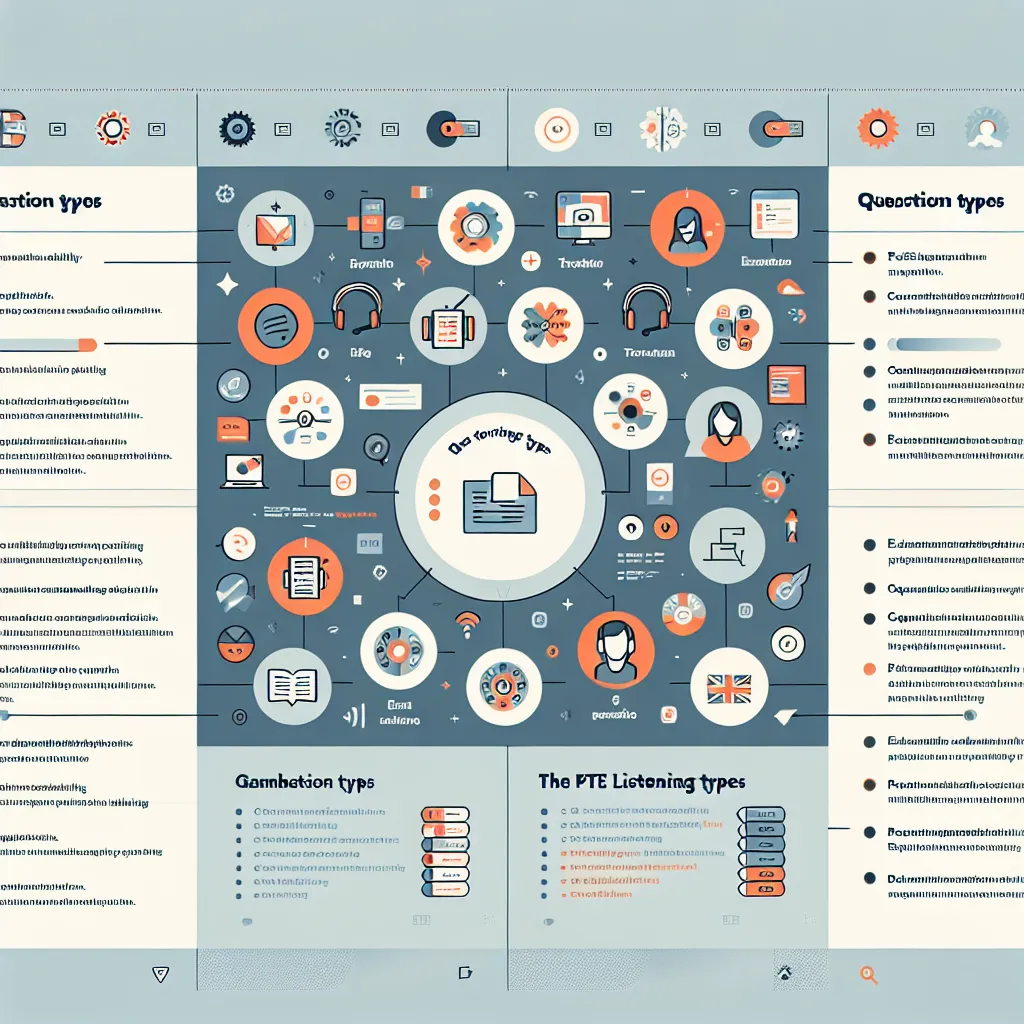Preparing for the Pearson Test of English (PTE) can be a daunting task, especially when it comes to vocabulary. Many test-takers wonder, “Which PTE Vocabulary Themes Should I Study?” This comprehensive guide will help you navigate through the essential vocabulary themes for PTE success, ensuring you’re well-prepared for the exam.
Understanding PTE Vocabulary Themes
Before diving into specific themes, it’s crucial to understand why focusing on vocabulary themes is important for PTE preparation. The PTE exam assesses your English language skills in various contexts, and having a strong grasp of themed vocabulary can significantly improve your performance across all sections of the test.
Why Themed Vocabulary Matters
- Contextual Understanding: Themed vocabulary helps you understand and use words in the right context.
- Improved Fluency: Knowing words related to specific themes enhances your ability to speak and write fluently.
- Better Reading Comprehension: Familiarity with themed vocabulary aids in quickly understanding reading passages.
- Enhanced Listening Skills: Recognizing theme-related words helps in grasping the main ideas in listening tasks.
 PTE vocabulary themes mind map
PTE vocabulary themes mind map
Essential PTE Vocabulary Themes to Study
Now, let’s explore the key vocabulary themes you should focus on for your PTE preparation. These themes are based on common topics that frequently appear in PTE exams and are essential for achieving a high score.
1. Academic Vocabulary
Academic vocabulary is crucial for the PTE, as many tasks are centered around academic contexts.
- Research and methodology
- Data analysis and statistics
- Academic disciplines (e.g., biology, psychology, economics)
- Scientific processes and phenomena
Example: “The researcher conducted a longitudinal study to analyze the long-term effects of the intervention.”
2. Technology and Innovation
With technology’s rapid advancement, this theme is increasingly important in PTE exams.
- Artificial Intelligence and machine learning
- Digital transformation
- Cybersecurity
- Emerging technologies (e.g., blockchain, IoT)
Example: “The implementation of blockchain technology has revolutionized supply chain management.”
3. Environment and Sustainability
Environmental issues are frequently featured in PTE tasks, making this theme essential.
- Climate change and global warming
- Renewable energy sources
- Conservation and biodiversity
- Sustainable development
Example: “The shift towards renewable energy sources is crucial for mitigating the impacts of climate change.”
4. Globalization and Culture
Understanding cultural diversity and global issues is key to excelling in PTE speaking and writing tasks.
- Cultural diversity and integration
- Global economy and trade
- International relations
- Migration and demographic changes
Example: “Globalization has led to increased cultural exchange and economic interdependence among nations.”
5. Health and Well-being
Health-related topics are common in PTE exams, covering both personal and public health issues.
- Medical advancements
- Public health policies
- Mental health awareness
- Nutrition and lifestyle
Example: “The pandemic has highlighted the importance of robust public health systems and global cooperation.”
6. Social Issues and Human Rights
This theme often appears in essay topics and speaking tasks, requiring a broad understanding of societal challenges.
- Gender equality and women’s rights
- Education and social mobility
- Poverty and income inequality
- Human rights and social justice
Example: “Access to quality education is fundamental in addressing socioeconomic disparities and promoting social mobility.”
How to Study PTE Vocabulary Themes Effectively
Now that we’ve identified the key themes, let’s discuss strategies to study them effectively.
1. Create Theme-Based Word Lists
Organize vocabulary into theme-based lists. This approach helps you learn words in context and makes it easier to remember them.
2. Use Mind Maps
Create visual representations of themes and related vocabulary. Mind maps can help you see connections between words and concepts.
3. Practice with Authentic Materials
Read articles, watch documentaries, and listen to podcasts related to these themes. This exposes you to vocabulary in real-world contexts.
4. Engage in Discussions
Practice using theme-related vocabulary in conversations or writing exercises. This active use of vocabulary enhances retention and fluency.
5. Utilize Vocabulary Apps
Use apps like Quizlet or Anki to create flashcards for each theme. Regular review with these tools can significantly improve your vocabulary retention.
 PTE vocabulary study techniques
PTE vocabulary study techniques
Important Considerations
When studying PTE vocabulary themes, keep these points in mind:
- Focus on understanding words in context, not just memorizing definitions.
- Pay attention to collocations and phrases related to each theme.
- Practice using the vocabulary in speaking and writing tasks to improve your active vocabulary.
- Regularly review and update your themed vocabulary lists as you progress in your studies.
Next Steps
After familiarizing yourself with these essential PTE vocabulary themes:
- Take a practice test to identify areas where you need to improve your vocabulary.
- Create a study schedule that includes regular vocabulary review sessions.
- Join online forums or study groups to discuss these themes and practice using the vocabulary.
- Consider working with a PTE tutor who can provide personalized guidance on vocabulary development.
By focusing on these key vocabulary themes and employing effective study strategies, you’ll be well-prepared to tackle the vocabulary challenges in the PTE exam. Remember, consistent practice and exposure to these themes in various contexts is key to building a strong vocabulary foundation for PTE success.
[internal_links]




